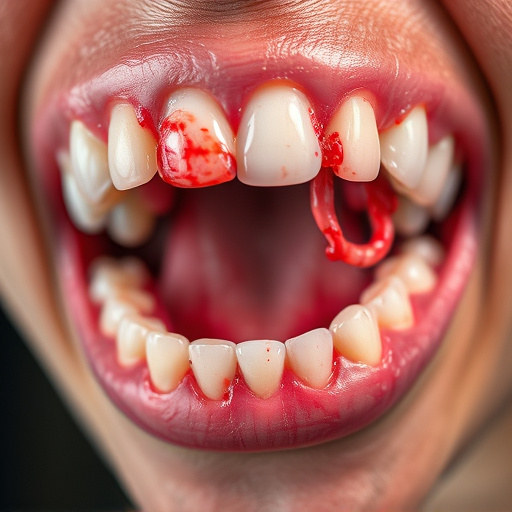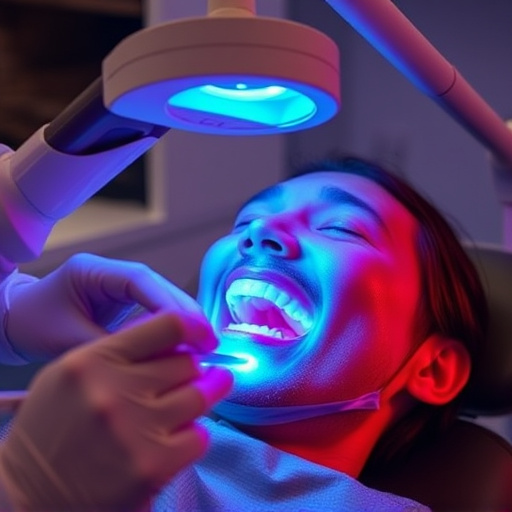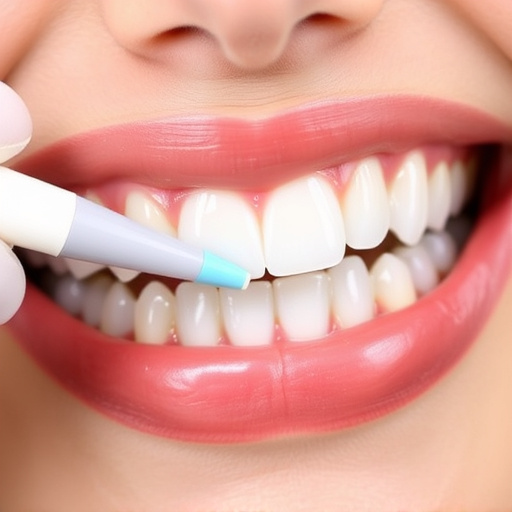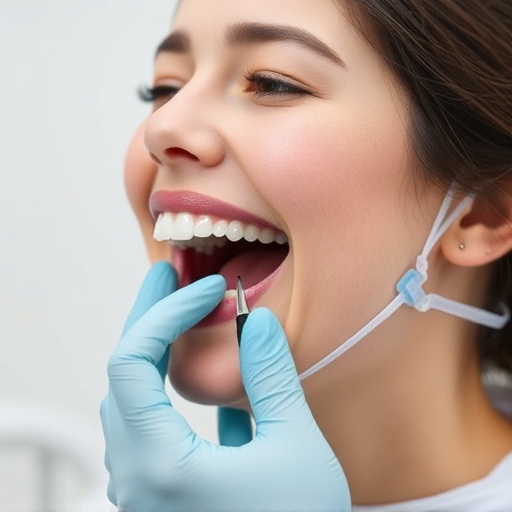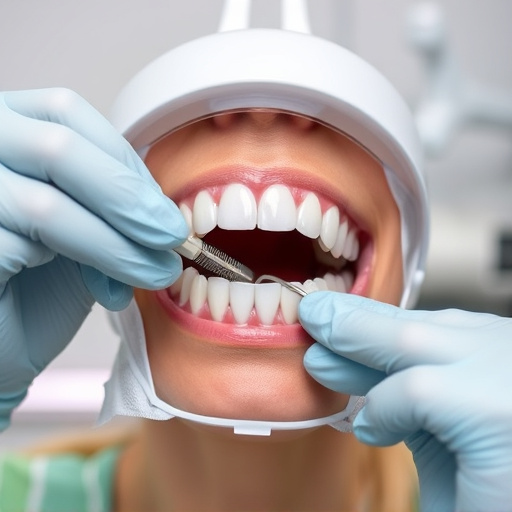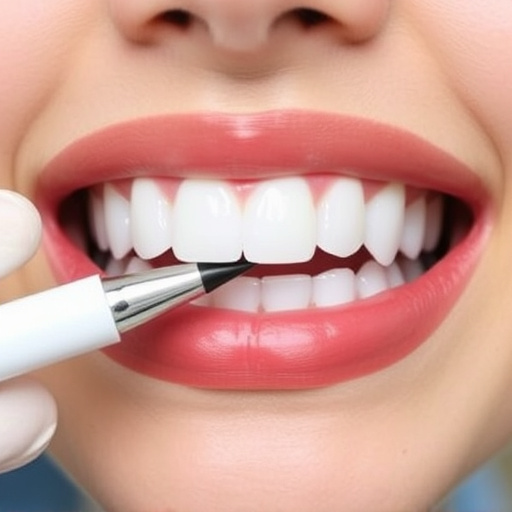A comprehensive dental exam is a vital tool for maintaining optimal oral health and overall well-being. Through thorough inspections of teeth, gums, and the mouth, dentists detect early signs of decay, gum disease, or other issues, enabling less invasive treatments and better long-term outcomes. Regular exams promote healthy habits, address concerns, recommend minor repairs, and provide guidance on oral hygiene practices to prevent complex, costly procedures. Early detection through comprehensive dental exams leads to better treatment outcomes and prevents minor problems from escalating.
A comprehensive dental exam is an essential tool in maintaining optimal oral health. Regular check-ups go beyond cleaning, providing a thorough evaluation of your mouth’s health. This article delves into the significance of these exams, exploring the various components that constitute a comprehensive dental assessment. We’ll discuss how early detection through these exams can significantly benefit patients, preventing significant dental issues and promoting long-term oral care.
- Understanding the Importance of Dental Exams
- Components of a Comprehensive Dental Evaluation
- Early Detection: Benefits and Best Practices
Understanding the Importance of Dental Exams

A comprehensive dental exam is an essential aspect of maintaining optimal oral health and overall well-being. These detailed check-ups go beyond a simple cleaning; they involve a thorough inspection of your teeth, gums, and mouth, providing a clear picture of your dental health. Dentists use various tools and techniques during these exams to detect even the earliest signs of decay, gum disease, or other oral issues. Catching problems early is crucial as it allows for less invasive treatments and often leads to better long-term outcomes.
Regular visits for comprehensive dental exams also serve as a preventative measure, promoting healthy habits and guiding you on proper oral care. Your dentist can discuss any concerns, recommend appropriate treatments like cosmetic fillings or dental bonding for minor repairs, and provide guidance on improving your routine oral exams. By staying proactive through these check-ups, individuals can avoid more complex and costly procedures in the future.
Components of a Comprehensive Dental Evaluation

A comprehensive dental evaluation goes beyond a simple check-up; it’s a detailed examination designed to assess every aspect of your oral health. This includes checking for cavities, gum disease, tooth wear, and any signs of oral cancer through visual inspection and diagnostic tools like X-rays. Dentists will also evaluate your jaw joint function, bite alignment, and the overall aesthetics of your smile during this process.
The comprehensive dental care approach involves not just identifying issues but also providing solutions. This might include recommendations for wisdom tooth removal if they are causing impaction or discomfort. Moreover, family dentistry professionals can offer personalized advice on home care routines, fluoride treatments, and professional cleanings to prevent future oral health problems.
Early Detection: Benefits and Best Practices

Early detection plays a pivotal role in comprehensive dental exams, offering numerous advantages for maintaining optimal oral health. By identifying potential issues at their earliest stages, dentists can significantly enhance treatment outcomes and prevent minor problems from escalating into more complex and costly procedures. For instance, regular check-ups during a comprehensive dental exam can reveal early signs of tooth decay, gum disease, or even oral cancer, allowing for prompt intervention and effective management.
Best practices in early detection involve staying up to date with recommended dental cleanings and routine exams. During these visits, dental professionals employ advanced diagnostic tools and their expertise to thoroughly examine the teeth, gums, and mouth. This meticulous process includes checking for tooth decay through visual inspection, X-rays, and other imaging techniques. Additionally, dentists look for signs of gum inflammation, bleeding, or receding gums, which could indicate periodontal disease. Early detection not only benefits patients’ overall well-being but also promotes efficient and less invasive restorative dentistry procedures, such as dental fillings, to address identified concerns promptly.
A comprehensive dental exam is not just a routine check-up; it’s a proactive approach to oral health. By combining thorough examination, advanced technology, and expert insights, these exams enable early detection of potential issues. This allows for timely interventions, preventing small problems from becoming significant, and ensuring a healthier, brighter smile for years to come. Embrace the power of a comprehensive dental exam to maintain optimal oral health.







